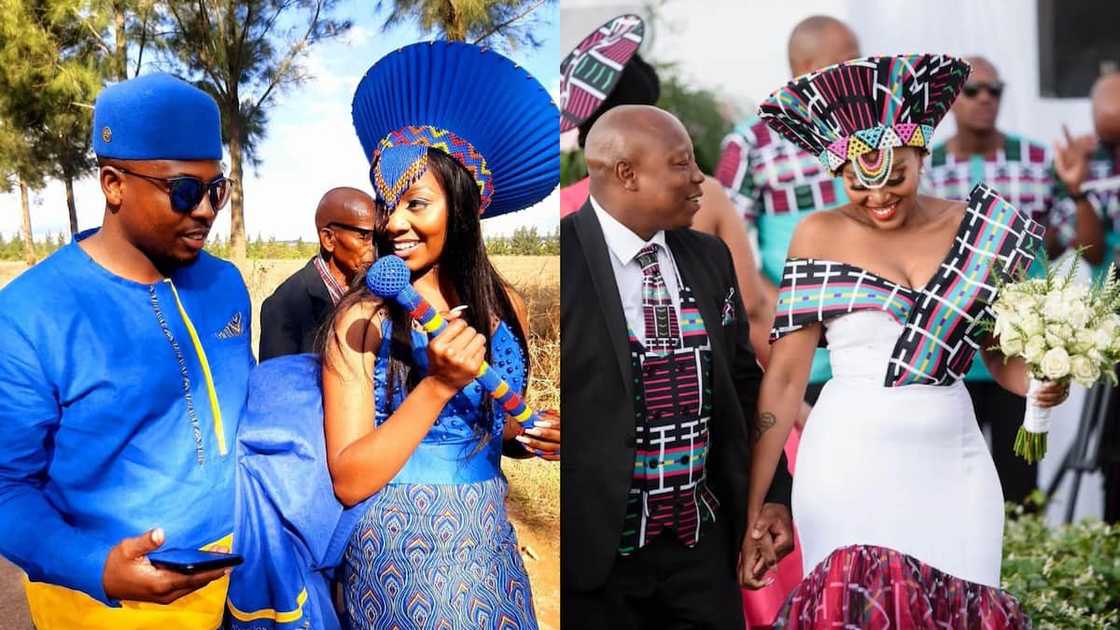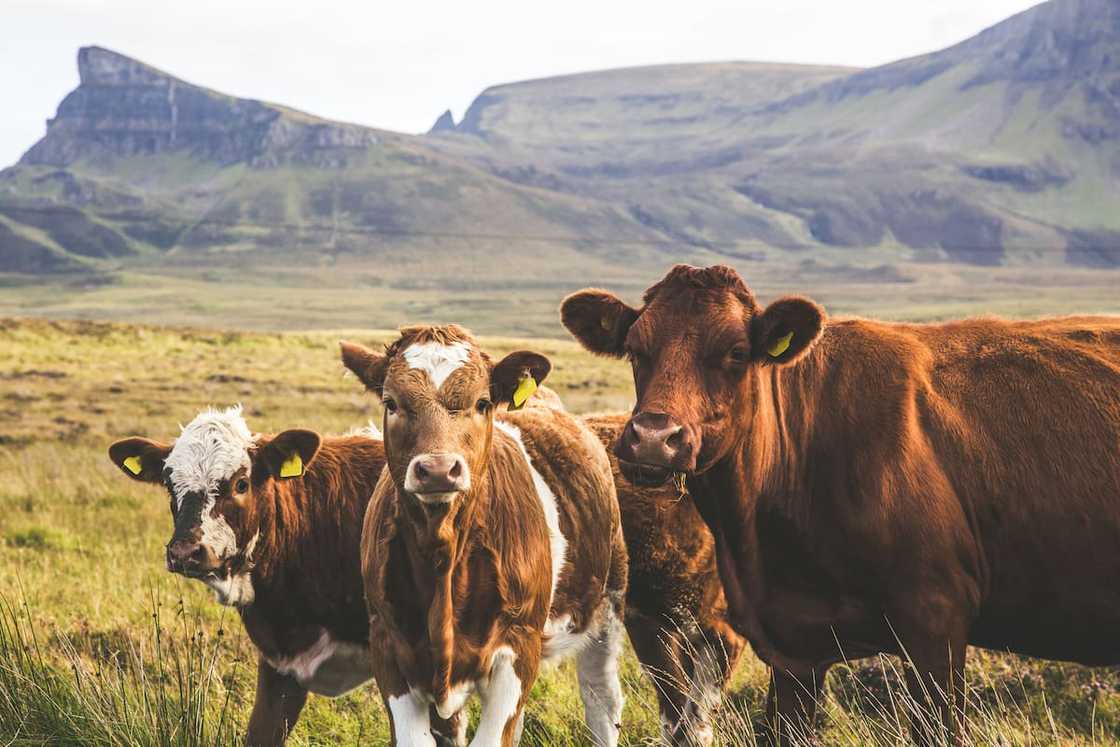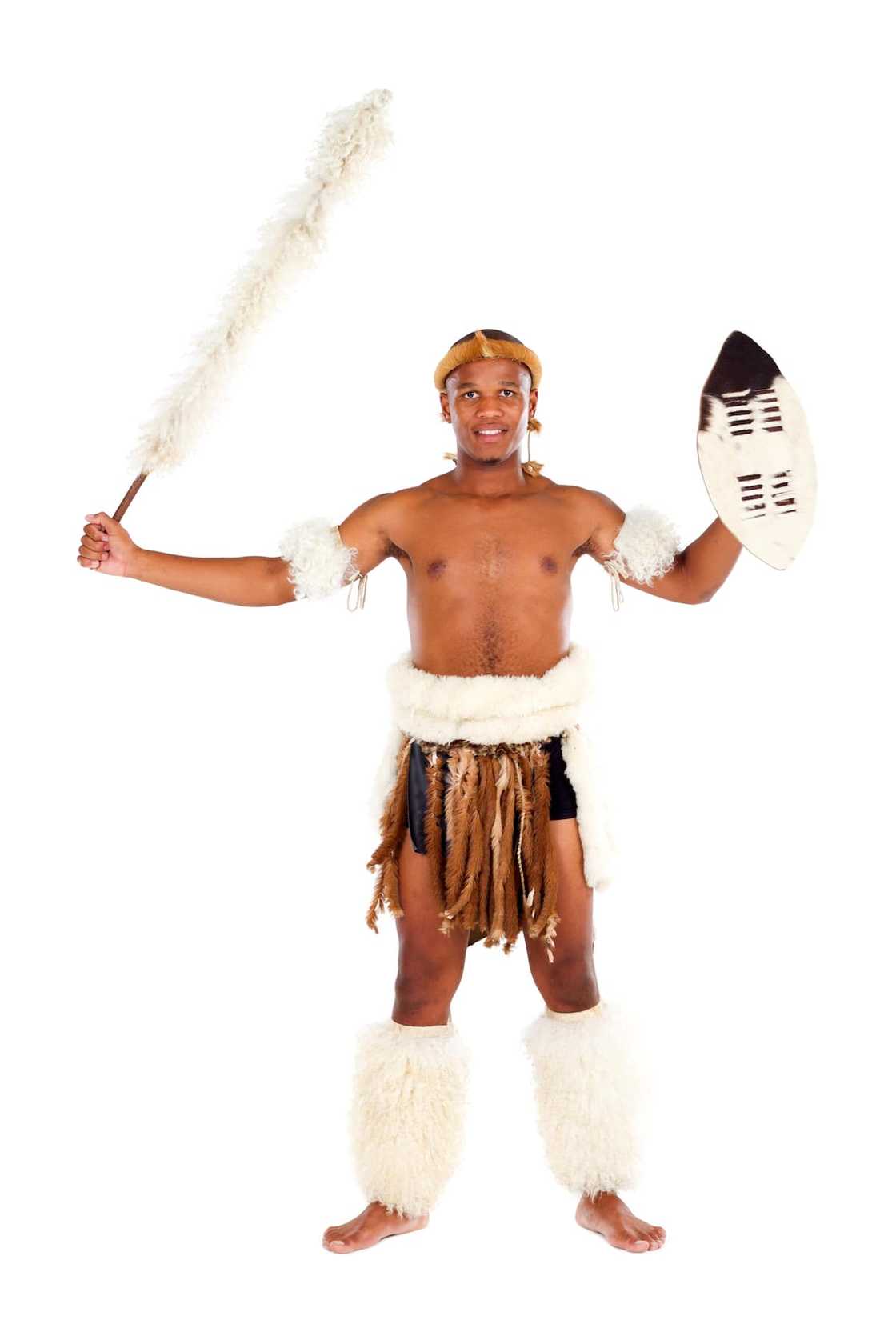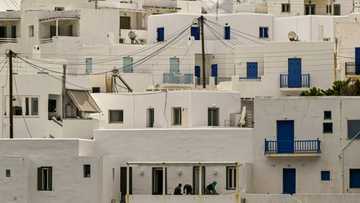What is lobola in South Africa? Meaning, ceremony, letter, negotiations
Did you know lobola and lobolo mean the same thing in South Africa? Lobola ceremonies have been held in many South African communities for centuries. In the past, the approach was pretty traditional. Some things have since changed.

Source: UGC
Many South African couples spend months planning the perfect lobola ceremonies. The custom was incorporated into South African law after independence. It is now governed under the Recognition of Customary Marriages, 1998 (Act 120 of 1998).
What is lobola in South Africa?
Lobolo or lobola is practised in the Swazi, Zulu, Silozi, Xhosa, Shona, Ndebele, and other South African communities. During a lobola ceremony, bridewealth or bride price is paid to the bride's family.
Meaning of lobola
Lobola means bride price. It is a milestone in which a prospective husband or the head of his family gives the head of the future wife's family property to show gratitude for being allowed to marry their daughter.
In the past, the property given was in the form of cattle or livestock. Today, many people are opting for cash.
Origin
A look at the history of lobolo shows it started in 300 BC. At the time, it was a token of appreciation given to a bride to build her home.
It also symbolised unity and harmony between two families, i.e. the groom's and the bride's. Traditionally, the token of appreciation was issued in the form of cattle, especially cows.
Lobola prices
There is no fixed lobolo price. However, each community has guidelines for how many cows or money is acceptable. Generally, the number of cows issued is considered the worth of the new bride.
In the past, different factors were considered before paying bridewealth, e.g. age and child(ren). The bride price for a "pure" woman, for instance, was higher than for a woman with a child born out of wedlock.
Today, some of the factors considered are the new bride's education level, her family's social status, and the groom's family's financial muscle. Before the bride price ceremony, negotiations are made.

Source: Getty Images
Lobola negotiations
Before the dowry ceremony, families send representatives to negotiate the amount or number of cows to be given to the bride's family. The negotiation prowess of the representatives determines the final decision.
In modern-age society, people can easily access a lobola calculator online. The calculator can give you an estimate. However, the final decision lies in the conclusions made on the negotiation desk.
The end of the negotiations confirms the union of the soon-to-be bride and groom and their families. In March 2021, for example, AKA's lobola negotiations were concluded, meaning he and fiancée Nelli Tembe were officially off the market.
Lobola letter
Before negotiations begin, the groom-to-be should issue a typed or handwritten lobola letter. In the letter, the groom-to-be expresses his desire to speak to the bride-to-be’s family about joining the two families together.
The letter should be polite and genuine. It is usually presented to the girl's family by a trusted member of the groom’s family. In the past, letters would be sent through the mail.
After the woman's family receives the letter, important family members deliberate and come up with negotiation dates that best suit them. They then write a response letter to the bride’s family. The letter indicates when they would like the groom’s family members to visit.
Some response letters will tell the man's family what to bring or what to expect. However, most cultures do not go into detail. The groom-to-be can ask the bride-to-be what to expect. Usually, a percentage of the bridewealth is paid during the negotiations.
What to cook for lobola negotiations
The food to be cooked and served during dowry negotiations vary from one community to another. Usually, tasty traditional meals are prepared.
What happens at a lobola?
After the negotiations, the date for the lobola ceremony is set. In most communities, the final payment of the bride price is paid on the morning of the lobola celebration.
Once this is done, families exchange gifts in the form of hats, blankets, clothes, walking sticks, etc. During the celebrations, plenty of meat is served. Delicious traditional meals are also served.
Usually, it is the groom’s family that throws a party to welcome the new bride. The activities conducted on this special day may vary from culture to culture.
At the end of the day, most brides change into the groom’s traditional attire to symbolise acceptance in her new family. Many couples hold a white or church wedding ceremony after lobola.
Lobola dresses
The traditional attire for lobola varies from one community to another. Normally, people wear traditional outfits which are colourful and celebratory.
Today, most female lobola outfits have a touch of modernisation. Brides and their maids normally show up in elegant and fashionable outfits made of fabric with traditional prints.
Tswana traditional attire for lobola
A look into most Twana couples' lobola pictures reveals they put on their best outfits on the special day. The Tswana community is known for blue outfits. Some couples may choose other colours for the day.
Zulu lobola attire
In Zulu culture, makoti means a newlywed woman or bride. The makoti lobola attire is normally colourful. It features colourful beads.

Source: Getty Images
Some men also prefer to wear traditional Zulu outfits. Others choose to have African-themed modern outfits.
What does paying lobola mean?
In most South African communities, paying lobola means one is officially off the market. It shows a man has committed himself to a woman.
Does lobola mean you are married?
Lobola itself is not marriage. However, it is a part of the process of getting married under customary law.
Who takes lobola money?
The woman's family receives lobola money in respect of custom.
Lobola ceremonies in present-day South Africa are colourful events. During these ceremonies, the groom's family gives the bride's family money or cattle to appreciate them for giving him a wife.
READ ALSO: Top 20 interesting facts about South Africa you ought to know | Details for travellers
Briefly.co.za recently published interesting facts about South Africa. The country is one of the richest nations in the world in terms of cultural and natural diversity.
Over the years, South Africa has become a favourite tourist destination for travellers from across the globe. People visit to witness its diverse culture, rich history, and natural landscapes.
Source: Briefly News

Favour Adeaga (Lifestyle writer) Dr. Favour Adeaga is an author, speaker, and coach. He graduated with a degree in Mass Communication from The Polytechnic, Ibadan, Nigeria. He did his internship at The Nation Newspaper and taught diploma students in Newspaper and Magazine courses at the Nasarawa State University, Keffi. He has curated the facts and life hacks category since 2018. Dr Favour is the author of several books available on Amazon. He currently lives in Nigeria. Email: favouradeaga@gmail.com

Cyprine Apindi (Lifestyle writer) Cyprine Apindi is a content creator and educator with over six years of experience. She holds a Diploma in Mass Communication and a Bachelor’s degree in Nutrition and Dietetics from Kenyatta University. Cyprine joined Briefly.co.za in mid-2021, covering multiple topics, including finance, entertainment, sports, and lifestyle. In 2023, she finished the AFP course on Digital Investigation Techniques. She received the Writer of the Year awards in 2023 and 2024. In 2024, she completed the Google News Initiative course. Email: cyprineapindi@gmail.com





